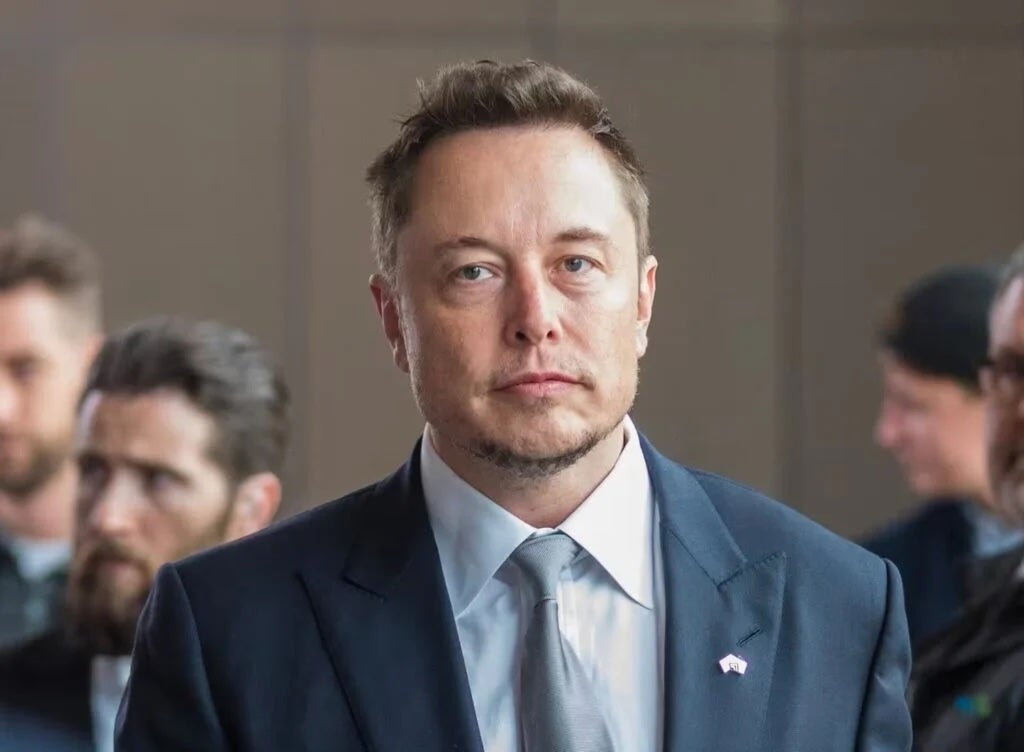
Elon Musk, who seems to love stirring the pot, is doing just that in Germany where elections are expected to be held on Feb. 23, 2025. The German government is accusing Musk of meddling in the election campaign with repeated endorsements of the country’s far-right party .
“It is indeed the case that Elon Musk is trying to influence the federal election,” said government spokesperson Christiane Hoffmann after various Musk X posts and an opinion piece published at the weekend backing the Alternative für Deutschland (AfD), noted The Guardian.
Friedrich Merz, leader of Germany’s largest opposition party, said Musk’s interference was “intrusive and presumptuous,” and called it an unprecedented example of election interference between “friendly” countries.
With Tesla‘s sprawling Gigafactory in Grünheide near Berlin, Musk’s influence on Europe’s largest economy has grown exponentially. It’s hard to imagine he’d be indifferent to Germany’s political landscape and how the election outcome will potentially shape policies that could benefit Tesla TSLA and other tech innovations.
Tesla’s Gigafactory Berlin-Brandenburg, the first and only gigafactory in Europe, produces the Model Y and battery systems, solidifying Tesla’s foothold in the lucrative European EV market. As of November 2024, it had produced more than 400,000 Model Y vehicles that were delivered to 37 countries and over 500,000 drive units at the factory.
Read Also: Elon Musk Rejects UK As A Possible Gigafactory Location
Germany’s political climate has further implications for financial markets, particularly German ETFs, which serve as barometers of economic sentiment. ETFs like iShares MSCI Germany EWG, Global X DAX Germany DAX, Franklin FTSE Germany FLGR and First Trust Germany AlphaDEX FGM reflect the health of Germany’s industrial and automotive sectors, which are central to the nation’s economy. Many of these ETFs include automotive giants such as Volkswagen VWAGY and BMW BMWKY, companies with shifts towards EVs that intersect with Tesla’s dominance.
Policy decisions surrounding green energy, emissions standards and labor laws could affect these ETFs. For instance, stricter environmental policies might accelerate the transition to EVs, benefiting Tesla while reshaping the competitive landscape for traditional automakers. On the flip side, Musk’s advocacy for reduced red tape could bolster industries represented in ETFs, attracting both voter and investor interest.
Musk’s potential influence in Germany’s elections, whether through public statements or indirect lobbying, could also sway global investor sentiment. ETFs tied to Germany’s economy are closely watched by international markets. And, as we know, political uncertainty has a way of creating market volatility.
Now Read:
Photo via Shutterstock.
Market News and Data brought to you by Benzinga APIs
© 2024 Benzinga.com. Benzinga does not provide investment advice. All rights reserved.
